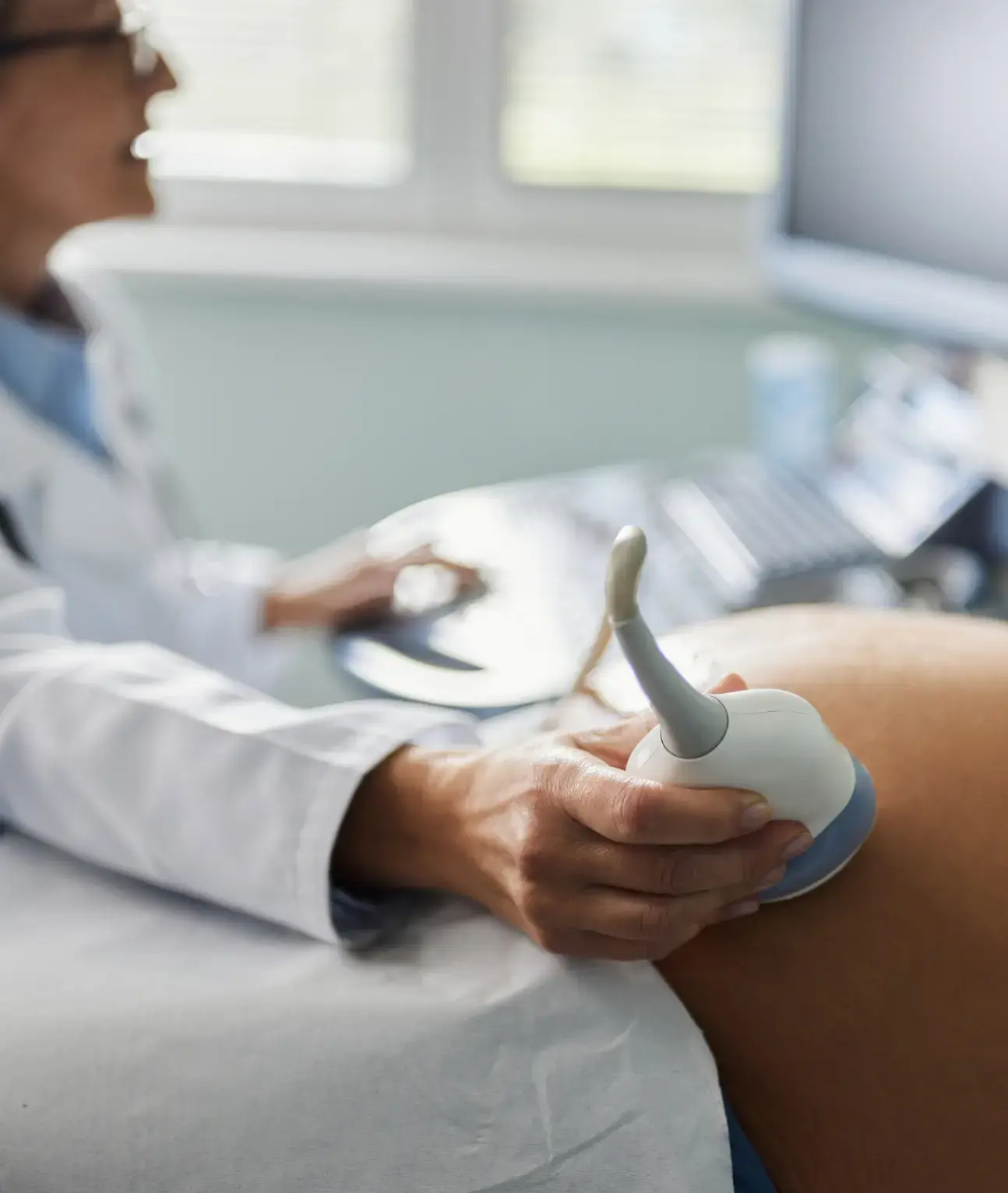There are different types of pregnancy and each one has its own distinctive features. Pregnancy is the period from the moment the egg implants in the uterus until the moment of delivery, but when it does not happen and implants outside the uterus it could generate complications such as ectopic pregnancies. Do you want to know what an ectopic pregnancy is, its consequences and causes? Read on to find out!
How does an ectopic pregnancy form and what are its causes?
An ectopic pregnancy is conceived the moment a fertilized egg implants outside the uterus, in one of the fallopian tubes. Normally, the fertilized egg travels through the fallopian tube to the uterus, where it implants and develops. However, in cases of ectopic pregnancy, the fertilized egg implants in a place other than the uterine wall, which can pose a serious health risk to the carrier of the pregnancy.
Among the main causes of an ectopic pregnancy are:
- Damage or inflammation in the fallopian tubes, as a result of a previous sexually transmitted infection or pelvic surgery.
- Congenital abnormalities in the fallopian tubes that make it difficult for the fertilized egg to move into the uterus.
- Hormonal disorders that may affect the implantation process.
- Fertility treatments, such as in vitro fertilization (IVF), prone to increased risk from manipulation of the eggs and embryos.
- Risk factors include a history of pelvic infections, endometriosis, previous pelvic surgery, smoking and advanced maternal age. It is important to note that an ectopic pregnancy can be life-threatening if not diagnosed and treated early, so it is critical to seek immediate medical attention if you experience symptoms such as severe abdominal pain, abnormal vaginal bleeding or dizziness.
What are the consequences of an ectopic pregnancy?
This type of pregnancy can have serious consequences for a woman's health. One of the most worrisome complications is rupture of the fallopian tube or the organ where the fertilized egg has implanted, resulting in life-threatening internal bleeding. Internal bleeding can cause hypovolemic shock, a condition in which the body does not receive enough blood flow and oxygen to function properly, putting the woman's life at risk. In addition, an untreated ectopic pregnancy can cause permanent damage to the fallopian tubes, which can aggravate future conception.
On an emotional level, dealing with an ectopic pregnancy ends up being very stressful and traumatic for the woman and her partner, especially if the pregnancy ends in a miscarriage. The emotional distress and grief over the loss of the pregnancy can become difficult to manage and requires emotional support and professional counseling. It is recommended that women who suspect an ectopic pregnancy seek immediate medical attention for proper diagnosis and treatment to minimize the risk of serious complications in the future.
Is it possible for an ectopic pregnancy to go to term?
Since the egg is implanted outside the uterus, the pregnancy cannot develop under proper conditions. The structure in which the fertilized egg is implanted does not have the capacity to support the growth of the fetus and does not provide an ideal environment for a healthy pregnancy, so it is not possible for an ectopic pregnancy to be safely carried to term. Medical intervention to terminate the pregnancy or removal of the pregnancy is required.
The importance of beta hCG in an ectopic pregnancy
Beta-hCG is crucial in the diagnosis of ectopic pregnancy. In a normal pregnancy, beta-hCG levels rise rapidly. In contrast, in an ectopic pregnancy, these levels may be lower or not rise as expected. An abnormal beta-hCG may indicate the need for further investigation of the possibility of this type of pregnancy. Beta" refers to the measurement of the hormone beta-hCG (human chorionic gonadotropin) in the pregnant woman's blood.
We recommend that you make an appointment with our specialists for frequent check-ups.




